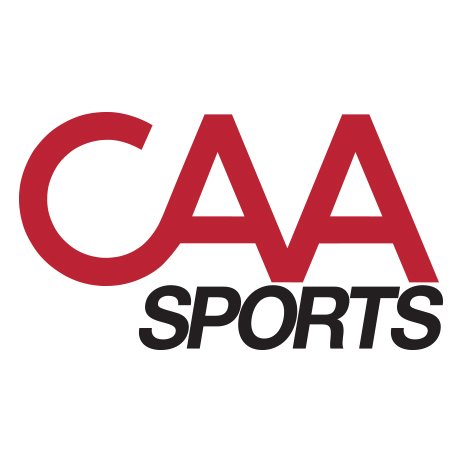In an article for the New York Times, author James Andrew Miller has released excerpts from his book “Powerhouse: The Untold Story of Hollywood’s Creative Artists Agency,” which will be published on August 9th.
Here are some of the highlights of the story:
- Creative Artists Agency (CAA) was a dominating force in the entertainment industry for decades before venturing into the sports industry in 2006, with the creation of CAA Sports. Many of the company’s competitors saw this as a bad business move and a potential disaster. Even internally within CAA there were grumblings of whether or not this was a strategic move or headed towards a downfall.
- Nine years after its creation, in 2015, the sports division was CAA’s top revenue producer bringing in more than $215 million, surpassing TV and film.
- In 2012, CAA advised the International Olympic Committee on a media-rights deal for the London Games and the 2014 Sochi Games, which really thrust them into the spotlight. The agency’s first large institutional client was the New York Yankees, for who the agency reached a stadium sponsorship deal for the new Yankee Stadium, which opened in April 2009. In total, CAA sold more than $700 million in sponsorships for the Yankees, with companies including AT&T, Delta and Pepsi.
- In 2010, CAA agent Leon Rose represented LeBron James, who asked the company to hire one of his friends – Rich Paul. Two years later, in September of 2012, after disagreeing with CAA consultant William Wesley, Rich Paul abruptly left the agency to start a new firm, Klutch Sports, in Cleveland. Rose saw Paul as more than a protege, but also a friend, but was surprised that Paul did not give him a warning or even tell him that he had decided to leave.
- Less than 24 hours after Paul’s departure, LeBron James also left Rose and CAA to join forces with Paul and Klutch Sports. This marked a shift in James’s business strategy. He had created LRMR Branding & Marketing in 2011 in a deal with Fenway Sports Group. Additionally, he received a minority stake in Liverpool, the soccer club owned by FSG, marking the first time that a professional athlete at his peak had invested in such a prestigious team.
- One of James’s business managers, Maverick Carter, reached out to CAA on behalf of James to explore potential opportunities to handle his TV and movie opportunities (everything not covered by his NBA contract or endorsement deals). CAA declined, which lead to James signing with WME the next day.
For the full story and quotes from some of the people mentioned, click here.
